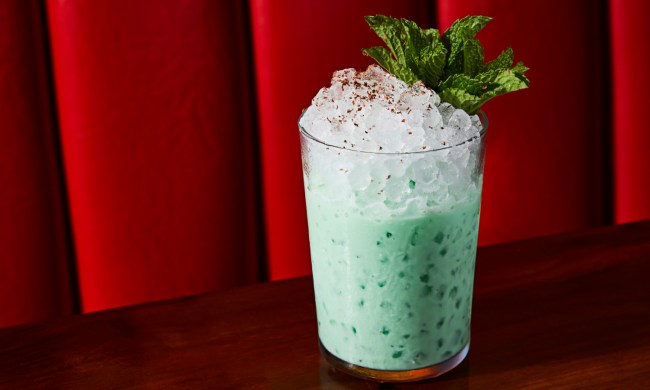In American agriculture, the influence of the Latinx community cannot be overstated. From central Californian valleys to the orchard rows of upstate New York, the thumbprints are everywhere.
The story is no different in wine. For generations, much of the most physically demanding vineyard tasks have been carried out by Latinx laborers. The work is often underpaid and under-appreciated. There are movements within the industry for greater equity but there’s much to be done, to say the very least.
A few years back, the Oregon wine community lost a towering figure in Jesus Guillen Jr. He was behind some truly remarkable Pinot Noir during his tenure at White Rose but also was one of the first Latinx members in the Willamette Valley to launch a successful solo label in Guillen Family Wines. It would pave the way for others in Oregon to do the same.
There are other promising movements at play, too, from MAVA in California to the educational ethos of AHIVOY in Oregon. But it remains a tough path to ascension for Latinx wine industry figures. Which makes celebrating prominent Latinx winery figures all the more important. These labels — either through ownership or winemaking or some combination of the two — have defied the odds and helped to restructure a lopsided system, giving hope to the next generation and for diversity in general. And the wines aren’t bad either.
Here are some of the best Latinx-run wineries in America.
Alumbra Cellars
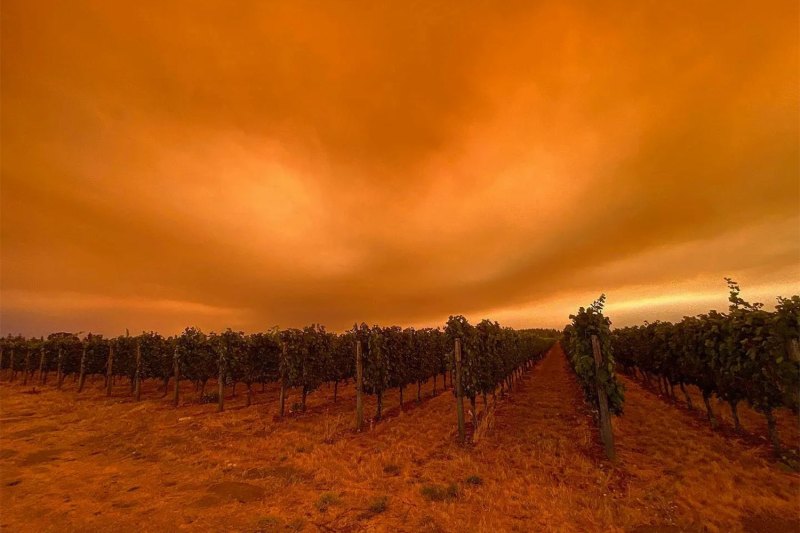
Alumbra is a relatively new Oregon label initiated by Elena Rodriguez. Her father, Leo, hails from Mexico and planted some of the Willamette Valley sites she sources from today. Elena took over vineyard management in 2014 with the longterm goal of producing her own estate wine. She’s now responsible for a fantastic and burgeoning label, making stellar Pinot Noir and planning to craft some Riesling.
Valcan Cellars
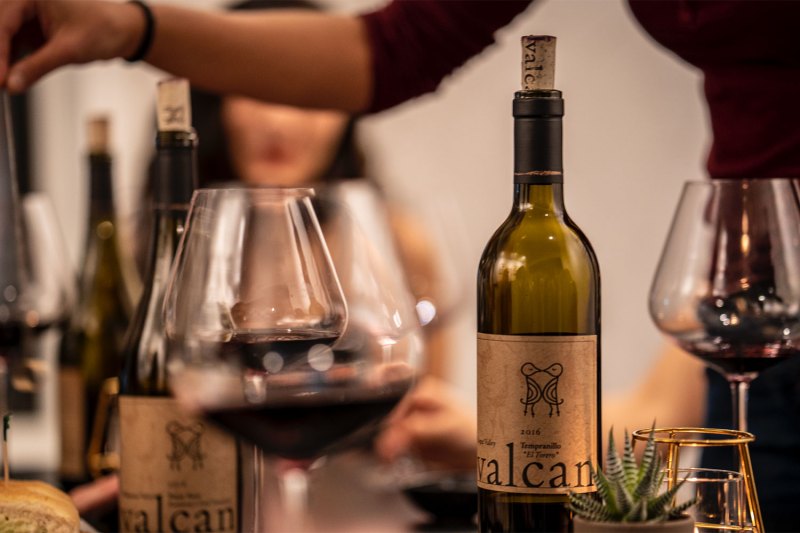
The rising side label of Silvan Ridge winemaker JP Valot, Valcan specializes in small-lot wines from sites residing all over Oregon. Valot is a vastly experienced vintner hailing from Mendoza, Argentina. While more than comfortable creating layered Pinot Noir, Valot is responsible for some great wines grown beyond the Willamette Valley, like Petit Syrah, Chardonnay, and even Cabernet Sauvignon.
Mi Sueño Winery
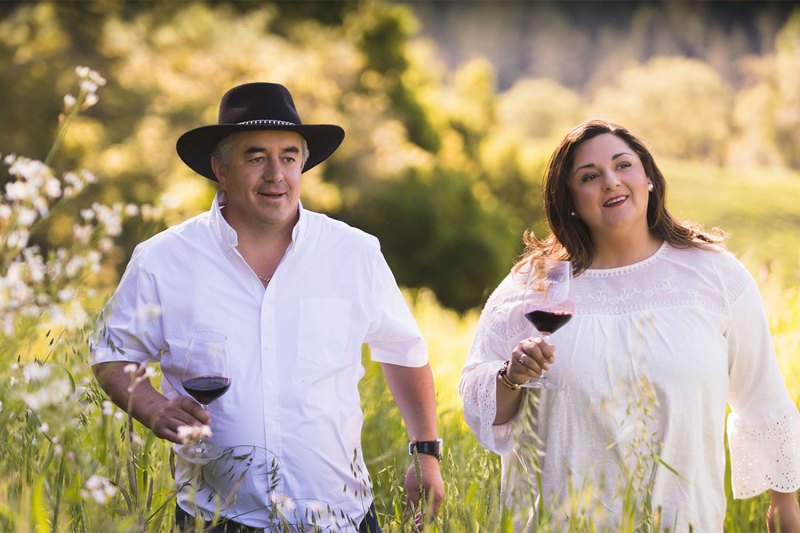
This northern Californian affair first launched in 1997. It’s the culmination of many years in the Napa and Sonoma regions, with proprietor and Mexican-born Rolando Hererra first dipping his toes in the scene back in the early 1980s. Today, he and his wife, Lorena, oversee the winery, which pulls from a handful of acclaimed Napa Valley vineyards. As you might expect, Cabernet is in the picture but Mi Sueño is also behind some tasty Tempranillo and Syrah.
Madrigal Family Winery
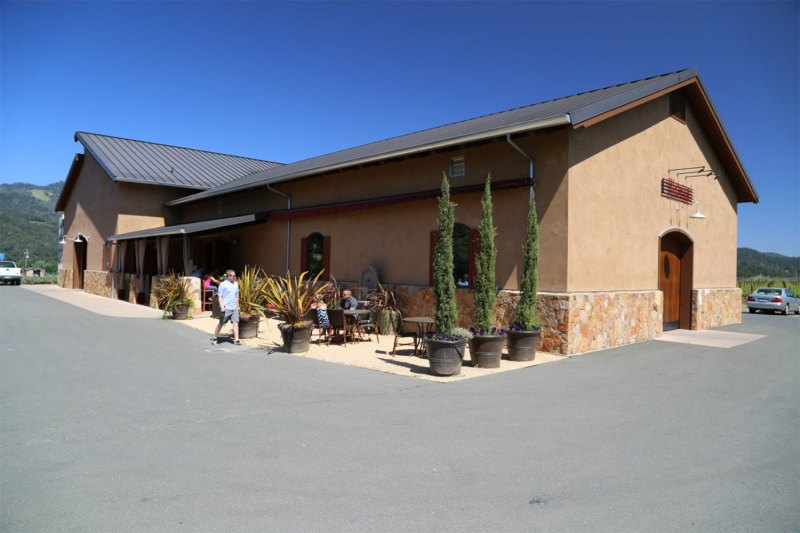
Calistoga’s Madrigal Family Winery is, as it’s billed, a real family affair. Currently, the third generation runs the show, the end result of the Madrigal family emigrating from Mexico in the 1930s. The present turnout is modest but impressive, at about 6,000 cases of wine per year, including Gewurztraminer, Zinfandel, Sauvignon Blanc, and more.
Abeja Cellars
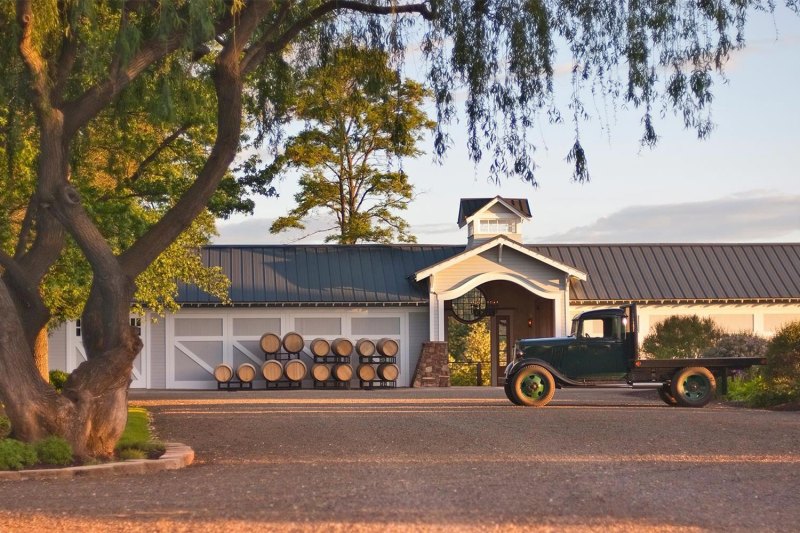
Calling rural Walla Walla home, Abeja Cellars is set on bucolic grounds a few miles outside of the wine-centric Eastern Washington town. The label’s name is Spanish for bee as an ode to the remarkable creature and the environment at large. The wine is the work of husband-and-wife team Dan Wampfler and Amy Alvarez-Wampfler. The latter was born in Yakima while her parents worked the strawberry harvest. She’s gone on to become one of the state’s most exciting young vintners, formerly behind some award-winning wines at Columbia Crest.
Casa Carmen
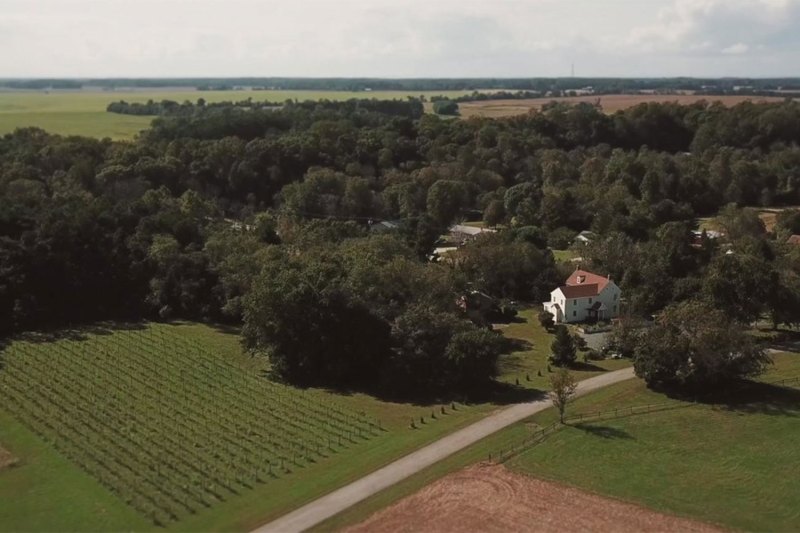
Set on the east coast along the Chesapeake Wine Trail in Maryland, Casa Carmen was initiated by two Ecuadorian brothers in Enrique and Felipe Pallares. The operation has a vineyard as well as a cozy tasting room and bodega in downtown Chestertown. The associated wine label offers an eclectic batch of deftly-made wines, from Albariño to Cab Franc.
Ceja Vineyards
A family-run Napa outfit, Ceja Vineyards is run by the eponymous family, which landed in California in 1967. The proud Mexican-American label focuses on Burgundian varietals, along bigger red blends, and even some dessert wines. Ceja pulls from about five vineyard sites in the Carneros region.
